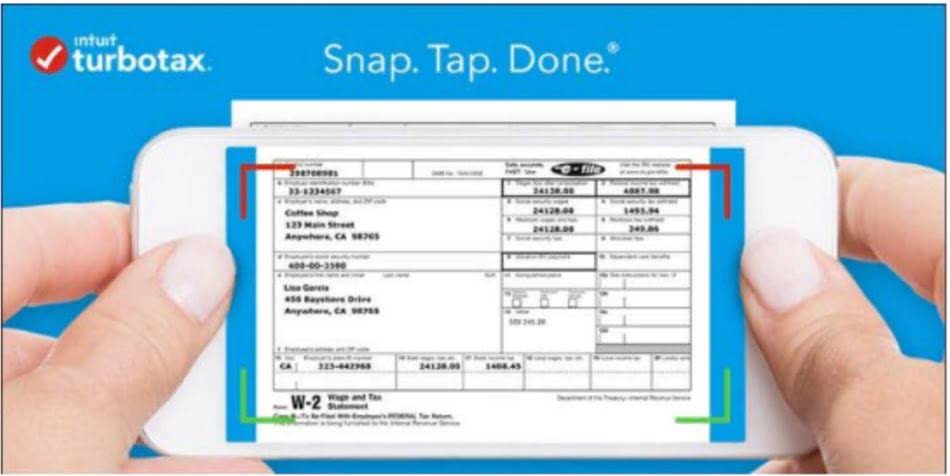Content
- ASC 842 vs. IFRS 16: What are the differences between the two?
- What Does Lease Accounting Have to Do With ESG?
- Lease Accounting FAQs
- Effective date of amendments to IFRS 16
- What is ASC 842 lease accounting?
- IFRIC 4 — Determining Whether an Arrangement Contains a Lease
- What happens to the amounts initially recorded on the balance sheet as a ROU asset and a lease liability?
- What is the P&L impact resulting from the new standards?

Consultants with compliance or sustainability expertise can help your organization set its foundational ESG policies, keep you abreast of changing requirements, and provide ongoing support and guidance on the path to meeting your goals. They can and should function as an extension of your internal team, assisting by monitoring regulatory changes and helping to update reporting frameworks accordingly. Cherry Bekaert LLP and Cherry Bekaert Advisory LLC practice in an alternative practice structure in accordance with the AICPA Code of Professional Conduct and applicable law, regulations and professional standards. Cherry Bekaert LLP is a licensed independent CPA firm that provides attest services to its clients, and Cherry Bekaert Advisory LLC and its subsidiary entities provide tax and business advisory services to their clients.
A lessor is defined as an entity (i.e. a person, company, or organization) providing the right to use an asset for a period of time in exchange for consideration. One of the more common scenarios of a lease agreement is an entity renting their owned property to another entity for a monthly cash payment. what is lease accounting For example, if an organization owns a building and leases the right to use the building or space within the building, the owner of the building is the lessor, also commonly referred to as the landlord. In the operating lease scenario, the lease expense is constant throughout the lease term.
ASC 842 vs. IFRS 16: What are the differences between the two?
The different requirements under IFRS Standards and US GAAP may require dual reporters to implement different processes, controls and accounting systems. In this podcast we’ll discuss the impact of the current uncertain economic environment on lease accounting. The same goes for choosing to use lease management software that was not originally architected for accounting compliance. Many lease management companies have added accounting modules to their software. However, those programs often include shortcomings, as the product teams usually lack the expert guidance of lease accountants.
While the accounting issues discussed above may affect both public and private companies, the accounting implications for those that have adopted ASC 842 may differ from those that are still applying ASC 840. On the Radar briefly summarizes emerging issues and trends related to the accounting and financial reporting topics addressed in our Roadmaps. Lessors under GASB 87 record a lease receivable and a deferred inflow of resources at the commencement of the lease term.
What Does Lease Accounting Have to Do With ESG?
To address the complexity of the new standards, companies must look to software built specifically for lease accounting. The software should address the accounting, reporting, and document management needs your company, auditors, and regulators require. Departments responsible for procurement will not typically have a comprehensive understanding to know whether the contract includes any assets that qualify as an embedded lease. The process of dissecting each contract for embedded lease assets might just earn the title of the most daunting exercise that the lease accounting transition requires. Some considerations exist within each standard to omit specific types of transactions from capitalization (i.e. short-term leases). However, all companies with the right to use at least one in-scope asset qualifying as a lease will need to apply the new standard.

Otherwise, it is an operating lease, which is similar to a landlord and renter contract. If your business rents its assets or leases from others, you need to track the financial impact those activities have on your business’s financial health. This is called lease accounting and, in addition to being legally required, can help you run an organized, successful business. A staggering 99% of senior real estate executives believe it is important for their organization’s future leases to help reduce its carbon footprint. But without visibility into the current environmental impact of their owned and leased assets, businesses cannot reasonably set accurate, achievable sustainability goals.

Comentarios recientes